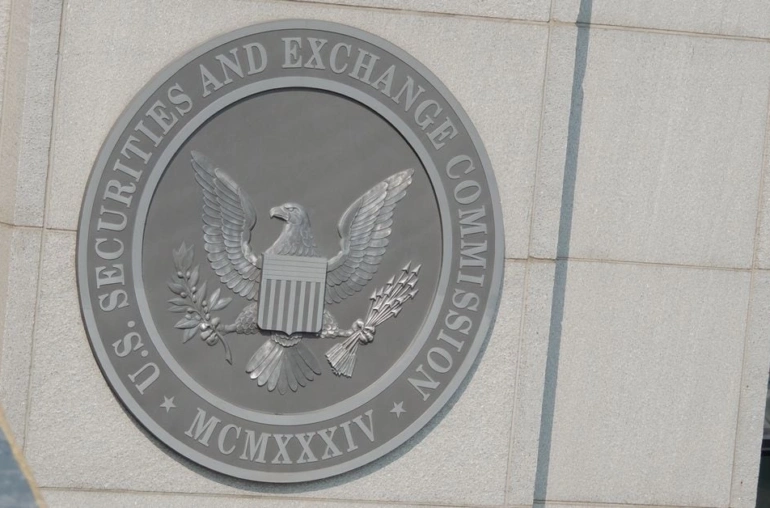The recent ruling by the Fifth Circuit Court of Appeals represents a significant setback for the U.S. Treasury Department and its Office of Foreign Assets Control (OFAC) regarding the sanctions imposed on Tornado Cash, a cryptocurrency mixing service.
On November 26, 2024, the unanimous decision stated that OFAC acted beyond its authority when sanctioning Tornado Cash’s software, which is classified as open-source and self-executing. The court found that OFAC’s actions lacked substantial evidence and were arbitrary. In essence, the judges highlighted that Congress had not granted OFAC the authority to sanction software code without identifiable ownership, indicating that the software itself is not property in the legal sense.
Tornado Cash has often been misused for illegal activities, prompting OFAC to blacklist certain addresses associated with it. However, the court emphasized that Congress’s mandate only allows for the sanctioning of specific individuals’ properties, not software that cannot be owned.
This ruling aligns with a broader interpretation of property and regulatory authority, pulling from a U.S. Supreme Court decision that limited the deference courts must give to agency interpretations of statutory language. The court ruled that immutable smart contracts do not qualify as property because they cannot be owned and lack the multi-party nature that defines traditional contracts.
Furthermore, the court clarified that the software does not constitute a service but rather serves as a tool utilized in certain transactions. The court underscored its judicial role, stating that it’s not responsible for addressing issues arising from legislative inaction concerning digital asset regulations; that responsibility lies solely with Congress.
Moving forward, the future of OFAC’s sanctions against Tornado Cash depends on whether the government seeks a full Fifth Circuit review or escalates the case to the Supreme Court. A similar case is also pending in the Eleventh Circuit, which could influence future rulings. With a new administration coming into power, perspectives on this ruling may shift, adding another layer of complexity to an evolving regulatory landscape for cryptocurrency.
In summary, the Fifth Circuit’s ruling is a victory for privacy advocates within the cryptocurrency community and underscores the ongoing debate around regulatory authority and the definition of property in the context of emerging technologies.
_________
At Crypto Dummies, we strive to demystify the complexities of the cryptocurrency world for enthusiasts of all levels. Through insightful articles, guides, and analysis, we cover topics ranging from blockchain technology to market trends and investment strategies. Stay informed and empowered with Crypto Dummies – your go-to source for accessible crypto knowledge.



